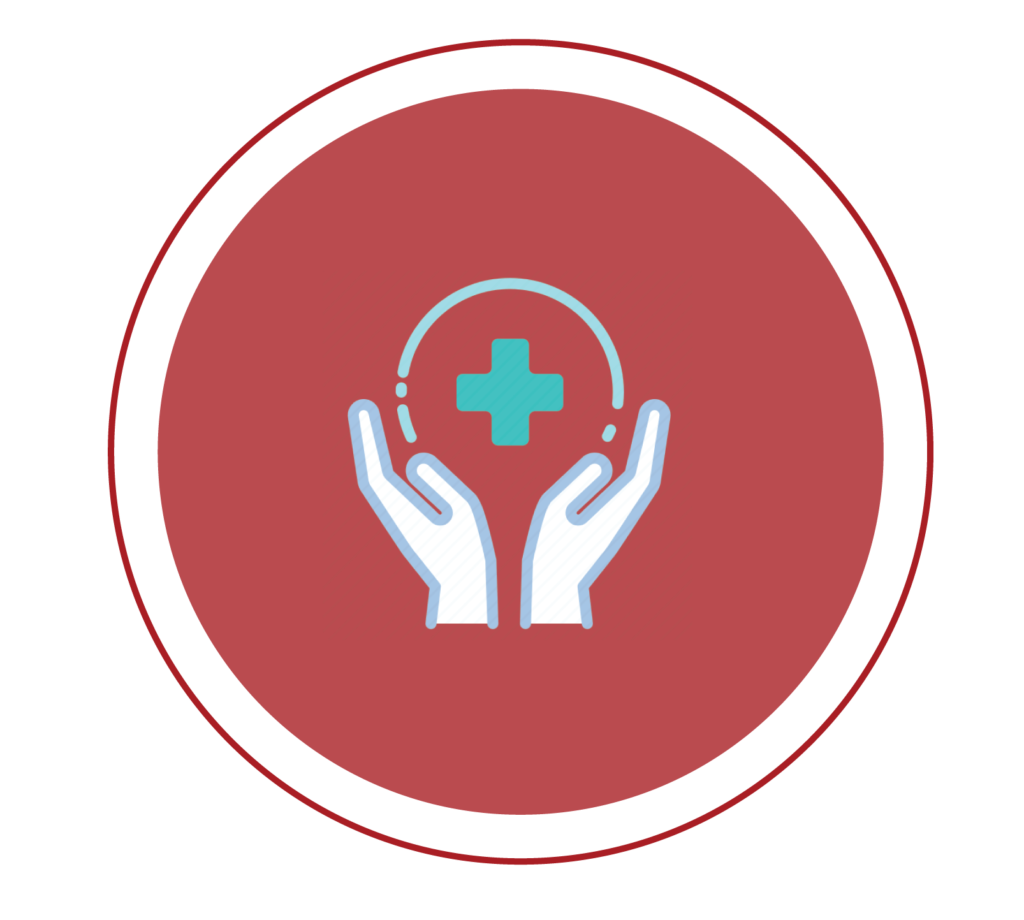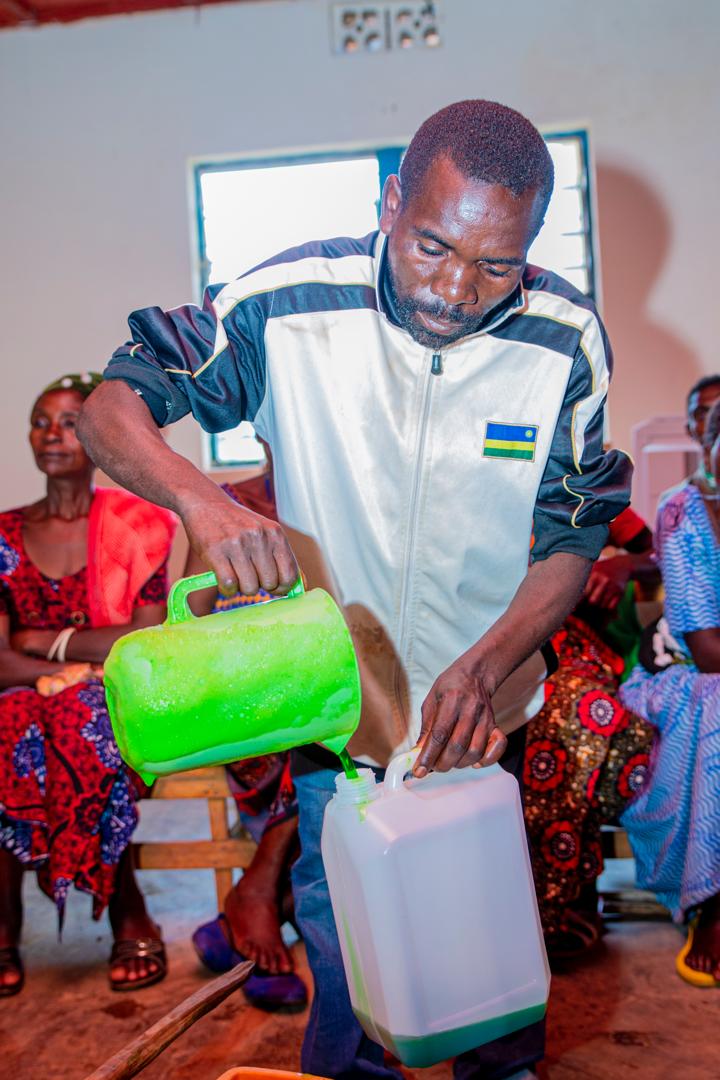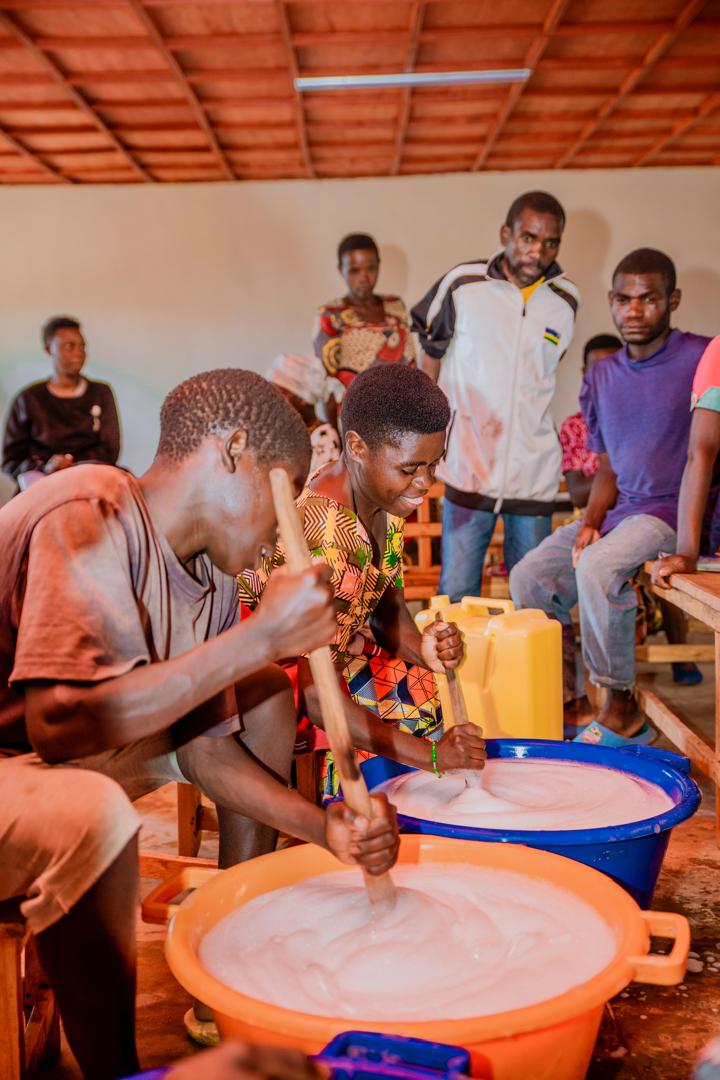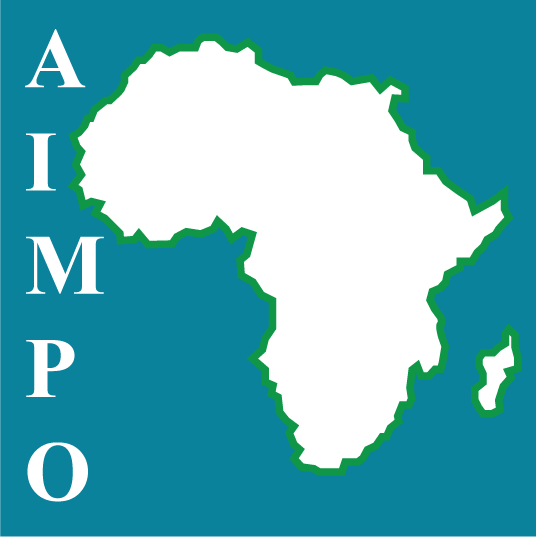Health & Hygiene
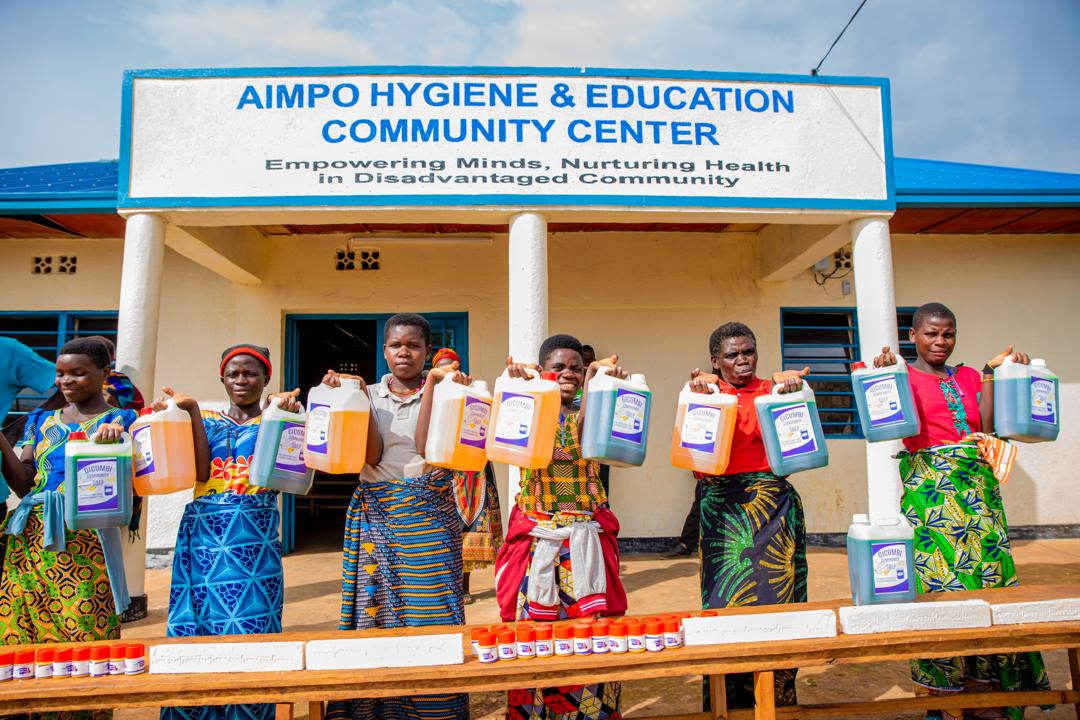
One of the key programs AIMPO focuses on is Health and Hygiene, addressing sexual and reproductive health, hygiene and sanitation, and the accessibility to healthcare. This corresponds to the United Nation’s third, fifth, and sixth Sustainable Development Goals (SDGs) : Good Health and Well-Being (SDG 3), Gender Equality (SDG 5), and Water and Sanitation (SDG 6).
The importance of sexual and reproductive health (and rights) lies in the agency of women. These rights “allow women to be in control of their own bodies and decide if, when, with whom, and how often to bear children” (United Nations, 2021). Through education and advocacy, AIMPO ensures that these rights remain at the very core of development. When sexual and reproductive health and the corresponding rights are not met, individuals (most often women) are deprived of the right to make important decisions about their bodies and futures. This not only affects the individual’s health and overall wellbeing, but also has cascading impacts on the welfare of families and future generations.
The Historically Marginalised People (HMP), formerly known as Batwa, face acute issues related to (a lack of) sexual and reproductive health. These include, but are not limited to, sexually transmitted infections (STIs), unintended pregnancies, maternal death or disabilities, and gender-based violence, often resulting in illness or even death of girls and women of childbearing age. Historically Marginalised Women suffer these issues disproportionately and young girls are especially vulnerable due to the presence of barriers in the accessibility of both information and healthcare. As a result, the Historically Marginalised Youth is disproportionately affected by HIV and HIV-testing remains low because of ignorance and traditional practices. In order to counteract these inequalities in sexual and reproductive health, AIMPO focuses on education and advocacy as well as making healthcare accessible to the community. To tackle the specific challenges Indigenous Batwa face at different times in their lives, AIMPO works towards the development of tailored programs, including comprehensive sexuality education, family planning, antenatal and safe delivery care, postnatal care, and programs to prevent sexually transmitted infections, including HIV.
Within these programs, AIMPO uses community outreach and mobilisation in order to ensure that the work not only benefits the target group but also the community at large. One of the AIMPO’s last projects is related to hygiene and sanitation as well as overall health. We provided 27 Batwa households with mattresses in Gicumbi. Now they no longer have to sleep on improvised (often unhygienic) beds and the mattresses provide support and comfort, preventing aches and pains while improving the quality of sleep. Furthermore, AIMPO fights malnutrition (especially among children) by improving the nutritional quality of their daily consumption.
The importance of sexual and reproductive health (and rights) lies in the agency of women. These rights “allow women to be in control of their own bodies and decide if, when, with whom, and how often to bear children” (United Nations, 2021). Through education and advocacy, AIMPO ensures that these rights remain at the very core of development. When sexual and reproductive health and the corresponding rights are not met, individuals (most often women) are deprived of the right to make important decisions about their bodies and futures. This not only affects the individual’s health and overall wellbeing, but also has cascading impacts on the welfare of families and future generations.
The Historically Marginalised People (HMP), formerly known as Batwa, face acute issues related to (a lack of) sexual and reproductive health. These include, but are not limited to, sexually transmitted infections (STIs), unintended pregnancies, maternal death or disabilities, and gender-based violence, often resulting in illness or even death of girls and women of childbearing age. Historically Marginalised Women suffer these issues disproportionately and young girls are especially vulnerable due to the presence of barriers in the accessibility of both information and healthcare. As a result, the Historically Marginalised Youth is disproportionately affected by HIV and HIV-testing remains low because of ignorance and traditional practices. In order to counteract these inequalities in sexual and reproductive health, AIMPO focuses on education and advocacy as well as making healthcare accessible to the community. To tackle the specific challenges Indigenous Batwa face at different times in their lives, AIMPO works towards the development of tailored programs, including comprehensive sexuality education, family planning, antenatal and safe delivery care, postnatal care, and programs to prevent sexually transmitted infections, including HIV.
Within these programs, AIMPO uses community outreach and mobilisation in order to ensure that the work not only benefits the target group but also the community at large. One of the AIMPO’s last projects is related to hygiene and sanitation as well as overall health. We provided 27 Batwa households with mattresses in Gicumbi. Now they no longer have to sleep on improvised (often unhygienic) beds and the mattresses provide support and comfort, preventing aches and pains while improving the quality of sleep. Furthermore, AIMPO fights malnutrition (especially among children) by improving the nutritional quality of their daily consumption.
